In most cases, chronic inflammatory diseases of the genitourinary region are the result of unprofessional treatment methods. If symptoms and treatment of cystitis in women are not matched, the disease cannot be eliminated. The drugs imposed by TV commercials can only bring temporary relief, after which the disease relapses.
The only way to get rid of cystitis is to identify the cause and treat it all the way under the supervision of a professional urologist.
Cystitis - Causes in Women
In medicine, the concept of "cystitis" combines several types of symptomatic urinary disorders in which the bladder mucosa is damaged. Due to the anatomy of the body, women are several times more likely to develop cystitis than men.
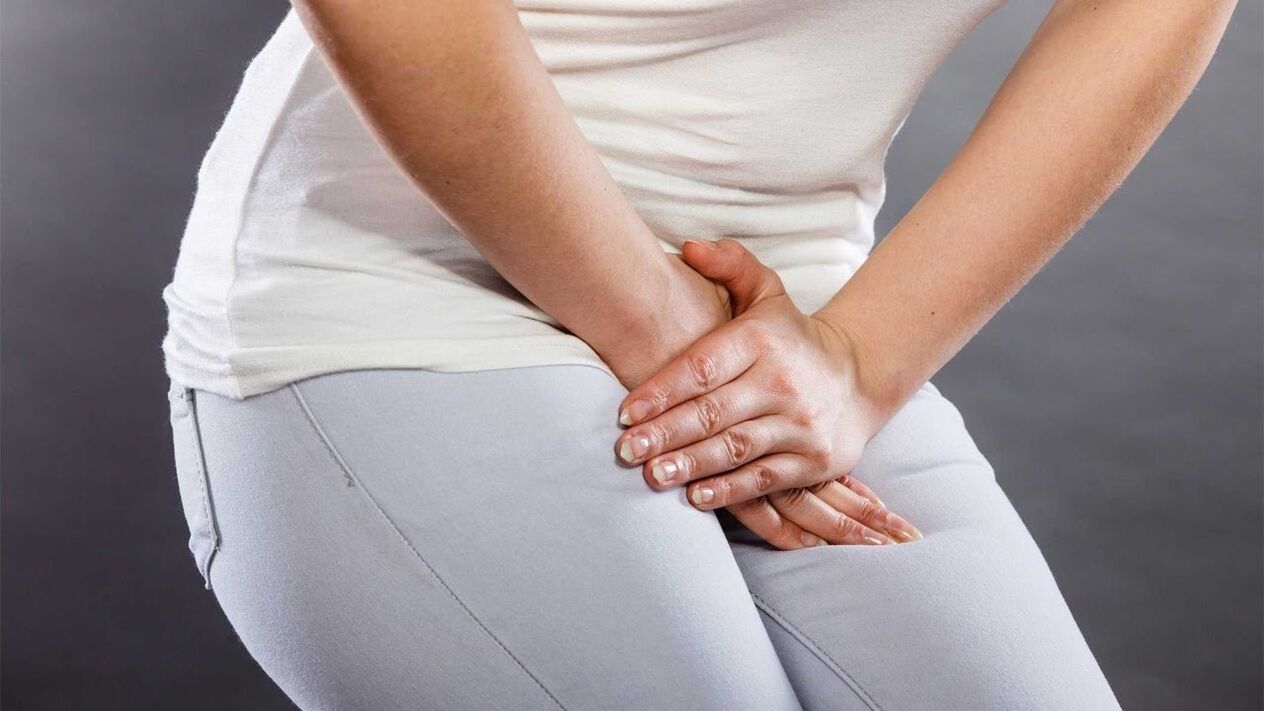
The work of the bladder is related to all physiological systems, therefore, functional deviations of the internal organs can affect the health of the female genitourinary system in one way or another.
The development of an inflammatory process may precede:
- Viral or bacterial infections - flu, tonsillitis, sinusitis, staphylococcus aureus, trichomoniasis, E. coli, dental caries, boils;
- low temperature;
- allergic reaction;
- hormonal changes during menstruation, pregnancy, menopause;
- Acquired diseases - diabetes, colitis, spinal injuries, renal and endocrine diseases, tumor formation;
- take medicine;
- decrease in immunity;
- Abnormal development of urogenital system organs;
- Inadequate reproductive organ hygiene;
- The acute form of cystitis occurs most often in the context of congestion of the urinary system.
The pathways by which pathogenic microorganisms enter the bladder are also different. In upper respiratory disease, the infection spreads throughout the body through the blood. In gastrointestinal diseases, microorganisms enter the urogenital organs from the anus. Due to kidney disease, infectious pathogens move from the kidneys with the urine.
Factors that contribute to the development of cystitis include wearing tight synthetic underwear, a tendency to become constipated, frequent sex partner changes, unprotected sex, and conditions that reduce the potential of the immune system - stress, lack of sleep, excessive exercise, irregular nutrition.
The main symptoms and signs of the disease
The development of cystitis may be acute or progressive. The characteristic symptoms of acute cystitis are cramping and pain during urination.
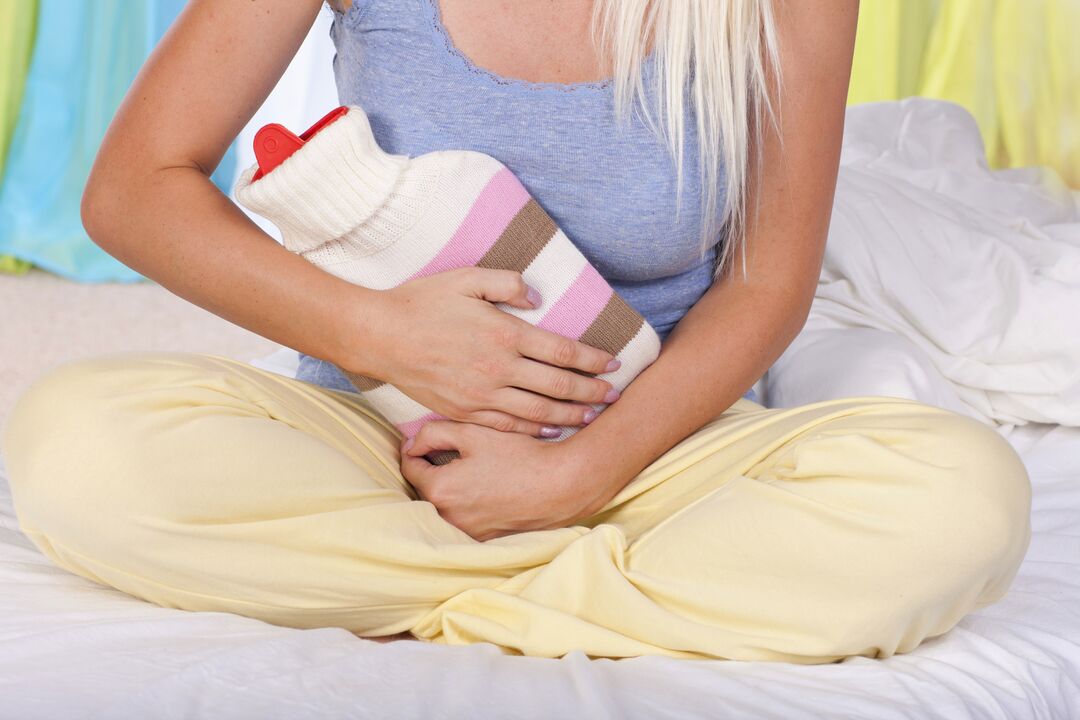
But as the disease progresses, the following symptoms appear:
- Discomfort in the genital area and pubic area;
- Itching and burning of the perineum - the result of the irritating effect of toxic substances accumulated in the urine;
- frequent urination;
- lower abdominal and back pain, feeling of fullness;
- Headache;
- increased fatigue;
- a slight increase in body temperature;
- cloudy urine;
- strong, unpleasant urine odor;
- A feeling of incomplete bladder emptying;
- The presence of blood in the urine may indicate the development of complications.
In 95% of cases, allergic or infectious cystitis is accompanied by itching.
Complications of the disease
Due to the high prevalence (40% of women worldwide are diagnosed with the pathology), the severity of the consequences of cystitis is often underestimated.
With proper treatment, as long as there is no cause to support the pathological process, the symptoms of acute cystitis disappear and the woman's health improves significantly. In the absence of the necessary therapeutic effects, the disease progresses to a chronic course with serious health complications.
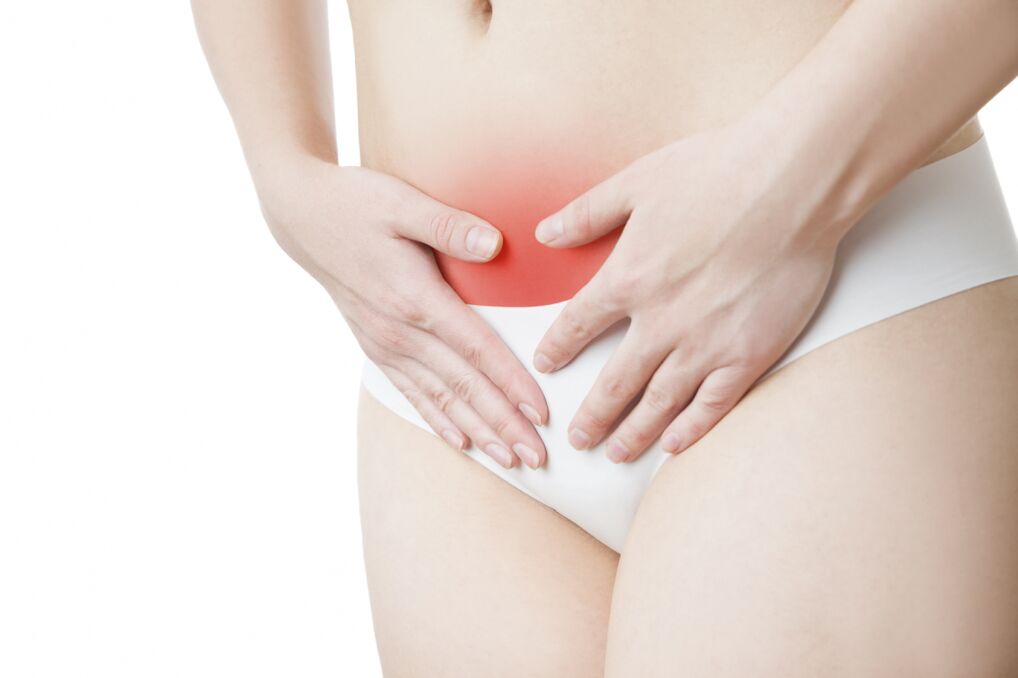
Chronic cystitis is characterized by damage to most of the bladder mucosa. At the same time, edema and thickening appear in the affected area against the background of decreased epithelial elasticity.
The progression of the pathological process leads to complications that threaten the health of vital organs and systems:
- In 95% of cases, kidney disease occurs - pyelonephritis, renal failure;
- Organic changes in the tissue of the bladder full of rupture of its walls and the development of peritonitis;
- Frequent inflammation is one of the main reasons for the formation of adhesions;
- Reduced reproductive function, risk of complete loss of fertility;
- Urethritis;
- tumor process;
- Ulcer formation on the bladder wall, bleeding;
- Urolithiasis;
- Muscle damage and loss of bladder tissue tone, leading to its dysfunction and urinary incontinence.
There are periods in a woman's lifetime that susceptibility to cystitis is related to natural physiological changes.
Periods of a woman's life prone to cystitis
The first critical period occurs before the age of three. At this age, children with congenital urinary tract disorders may experience vesicoureteral reflux, which is the return of urine from the bladder to the kidneys. Pathological findings were vulvovaginitis and ascending bladder infection.
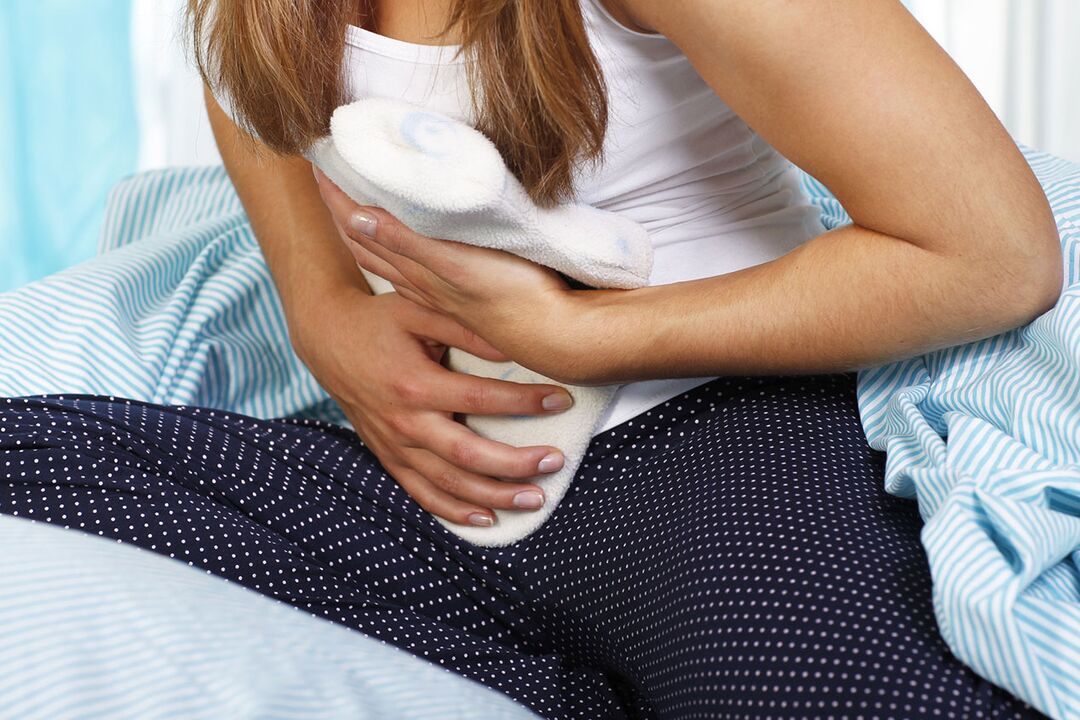
Adolescence, the second period in a woman's life, is important for susceptibility to cystitis. In addition to the hormonal changes inherent in puberty, there is an increased risk of infection during unprotected sex.
Menopause is manifested not only by a decrease in hormone levels in women, but also by a decrease in the protective properties of the bladder mucosa, as well as changes in its anatomical location. All of these changes contribute to the development of urinary tract inflammation and other pathologies inherent in cystitis.
Diagnostic measures
Physical examination of a patient with suspected cystitis includes not only confirmation of the diagnosis, but also identification of the underlying disease causing inflammation of the bladder mucosa.

In addition to studying memory data and disease symptoms, urologists use the following diagnostic measures:
- General urinalysis;
- General blood analysis;
- Cystoscopy - examination of the bladder through an endoscope;
- Analysis of the composition of the vaginal flora;
- Ultrasound examination of the genitourinary system;
- PCR - molecular research methods;
- Urine bacterial culture.
In some cases, doctors use information obtained through a biopsy (microscopic examination of a sample of affected tissue) to make a diagnosis.
Drugs used to treat the entire course of disease
Treatment of cystitis involves not only eliminating inflammation of the bladder lining, but also eliminating the disease that supports them. The choice of treatment methods and means depends on the form of the disease and the associated pathological process.
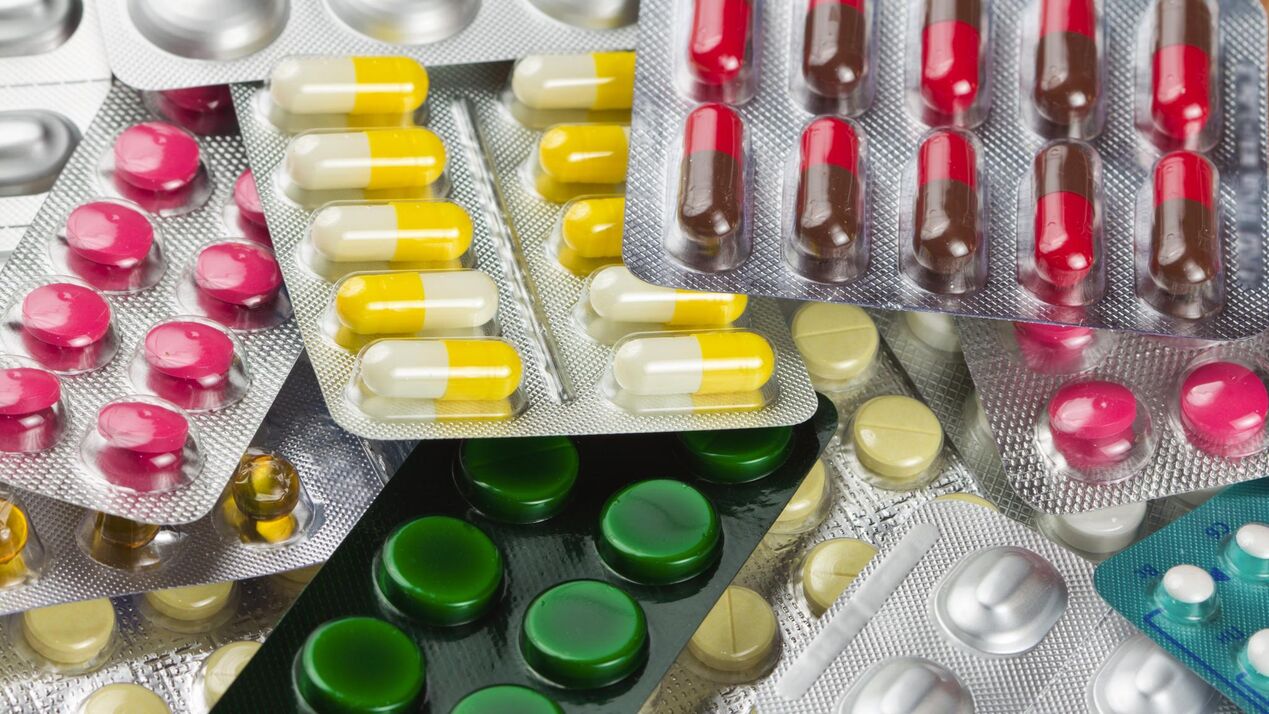
To stop symptoms of acute cystitis, patients require bed rest, a special diet, a heating pad, and antispasmodic, antibacterial, and diuretic medications.
The minimum course of treatment for acute cystitis is 7 days. An interrupted course of treatment is one of the main reasons for developing chronic cystitis.
Antibacterial drugs
The appointment of antibacterial drugs is applied to cystitis, the causative agent of which is bacteria.
Among the most effective antimicrobials:
- Phosphonic acid antibiotics. Produced in granular form. Take once in the form of acute cystitis;
- Tablets for cystitis and other acute or chronic urinary tract infections. Belongs to quinolones. The active substance is pipecolic acid;
- Popular antibiotics based on nitrofuran. Relevant when exposed to bacteria, demonstrating susceptibility to drugs by seeding;
- Stock up on antibiotics. It is prescribed if the use of other medicines does not provide a therapeutic effect. The active substance comes from the fluoroquinolones;
- Hydroxyquinoline drugs. It is active against most bacteria and Candida;
- An antibacterial agent from the class of nitrofurans that inhibits the activity of bacterial infections. The use of tablets is also suitable as a prophylactic for urinary tract diseases.
Take any antibacterial medication only under the guidance of a doctor. Despite their high therapeutic efficacy, modern drugs have many contraindications and can cause unwanted side effects.
antispasmodic
Devices with antispasmodic properties are an integral part of cystitis recovery and maintenance therapy.
The role of antispasmodics is to eliminate the spasm and relaxation of bladder smooth muscle and relieve pain.
Taking antispasmodics is suitable for both acute cystitis and recurrence of chronic infections.
Anti-inflammatory drugs
To relieve inflammation of the bladder mucosa caused by cystitis, non-steroidal anti-inflammatory drugs (NSAIDs) are recommended. In addition to eliminating inflammatory processes, this group of drugs has an analgesic effect, relieving pain and discomfort inherent in pathology.
Botanicals
The use of botanicals is an effective way to improve the efficacy of drug treatments. Herbal remedies are based on biologically active natural plant components.
- A product containing extracts of oregano herb, carrot seeds, hop seedlings, and peppermint and Siberian fir leaf oils. Provides antiseptic, antispasmodic and diuretic effects. Available in capsules, syrup or drops.
- Tablets based on plant extracts with nephritic and antibacterial properties.
- A paste based on orange and fir oils. It has diuretic, anti-inflammatory and antispasmodic properties. Prevent the development of urolithiasis.
Receiving botanicals is most effective in the initial stages of cystitis development.
Probiotics
The activity of the beneficial microbiota may be reduced due to exposure to infectious microorganisms, as well as after taking antibiotics.
To maintain the natural physiological level of the mucosal microbiota of the gut and reproductive organs, it is necessary to use probiotics - food supplements containing live cultures of microorganisms.
Treat chronic diseases
In order to get rid of the chronic form of this disease, it is necessary to diagnose all potential foci of infection and to provide complex therapies that inhibit the important activity of the pathogen and its consequences.

The main treatments for chronic cystitis:
- Etiological treatment aimed at eliminating the causative agent of the infection, including taking antibiotics;
- Pathogenic therapy allows you to restore the function of the immune system, normalize the hormonal background and eliminate structural lesions of the internal organs. The main goals of treatment are to restore the natural flow of urine and eliminate all possible foci of infection. Treatment includes taking immunomodulators and anti-inflammatory drugs, and in some cases surgical correction;
- Disease Prevention - A set of measures to prevent the possibility of recurrence of infection.
As additional therapeutic measures, physical therapy is prescribed - electrophoresis, electrical stimulation of tissues, laser irradiation, as well as special exercises to normalize blood circulation in the pelvic organs.
Folk remedies for female cystitis
The list of recommended folk remedies for cystitis includes well-known and affordable herbs: dill seed soup, millet infusion, tea, medicinal chamomile infusion and body wash, parsley seed infusion, and St. John's wort tea.
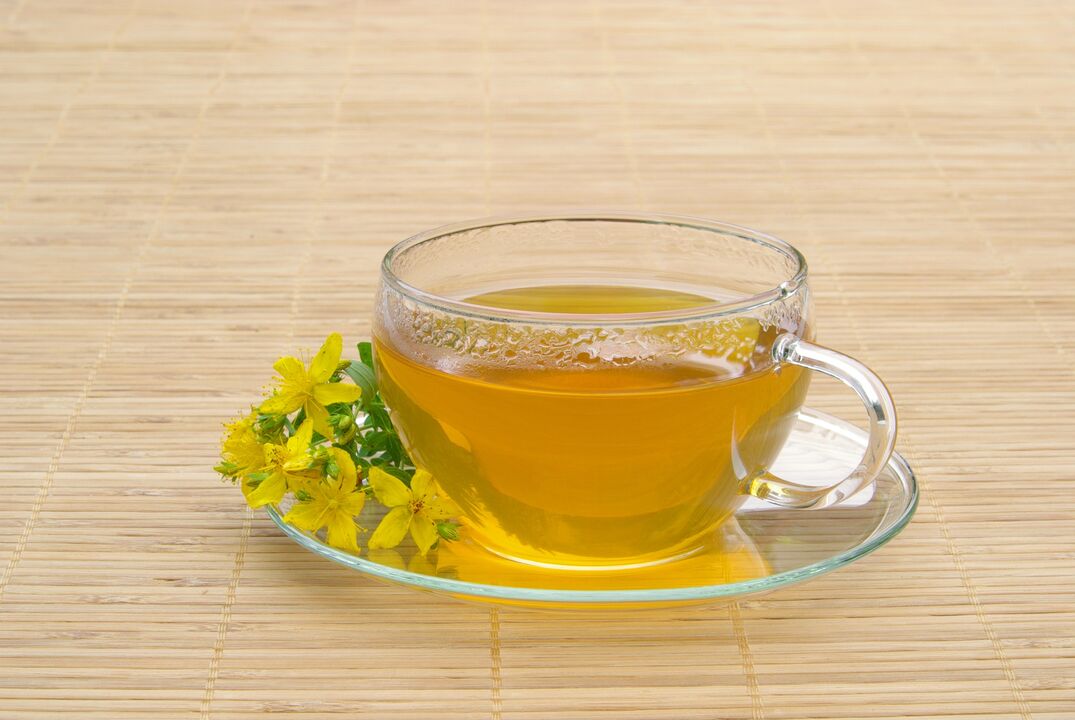
Additionally, bilberry leaves and cranberries are considered constant ingredients for home remedies for cystitis.
Thanks to its unique composition, bilberry leaf has a complex therapeutic effect on the organs of the urogenital field - antibacterial, diuretic and anti-inflammatory. Lingonberry leaf tea is prepared according to the recipe for making regular tea leaves. Take this tea three times a day, half a cup each time.
Using cranberry-based beverages provides powerful healing benefits.
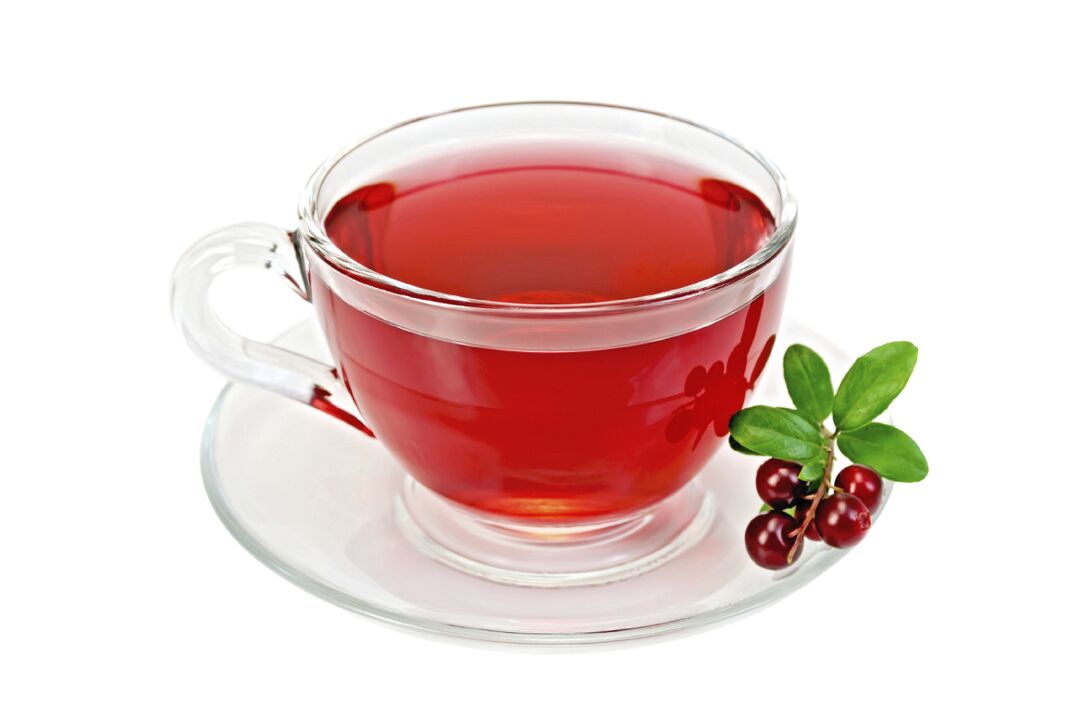
Thanks to Cranberry Proanthocyanidins, Berry Tea:
- Inhibit the life activities of pathogenic microorganisms;
- prevent the deposition of pathogens on the walls of the organs of the urinary system;
- reduce inflammation;
- protect the body from fungi and microorganisms;
- Enhance the elasticity of blood vessels;
- Has an immunomodulatory effect.
To prepare a therapeutic drink, use fresh or frozen cranberries. Crush the berries, pour in boiling water and leave in the steam bath for 10 minutes. Two drinks a day with honey will improve well-being and health in record time.
Nutrition and Microflora
Proper nutrition during cystitis treatment is especially important. It depends on the type of product in the diet, how quickly inflammation is eliminated and damaged bladder tissue begins to repair.
In addition, a properly organized diet can sustain the function of microbial communities living on the mucosa of internal organs. This ensures the elimination and evacuation of pathogenic microorganisms, as well as the normalization of the recovery process.
Therapeutic diets are based on specially selected products and drinking regimens.

It is extremely important that nutrition meets the following principles:
- All products consumed must have diuretic properties;
- Salt consumption should be reduced to a minimum;
- Exclude spicy, fatty, fried, smoked, sweet and dairy products from menus, as well as preservation;
- limit the intake of protein-containing foods;
- When cooking, you should limit yourself to minimal heat treatment;
- Strong drinks and alcohol are completely excluded;
- Drink a total of at least two liters of fluids per day.
Cereals, light vegetable soups, boiled meat and low-fat fish, yogurt, low-fat salty cheese, cabbage, zucchini, cucumber, parsley, pomegranate, watermelon, and pears are recommended throughout the treatment.
In terms of beverages, preference should be given to herbal teas and fruit juices derived from cranberries and lingonberries.
prevent cystitis
Women who have had cystitis at least once are susceptible to the disease throughout their lives.
Precautions will help prevent recurrence:
- prompt treatment of any disease;
- minimize stress;
- observe personal hygiene rules;
- Showering is preferable to bathing;
- regular visits to gynecologists and urologists for tests;
- Follow drinking rules.
In summer, it is important not to miss the opportunity to flush out the kidneys and bladder by eating more watermelon.
Most importantly, you shouldn't sacrifice your health for beauty and dress according to the weather, especially spring and fall - their warmth is deceiving and the risk of getting sick is too high.
























